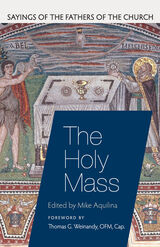
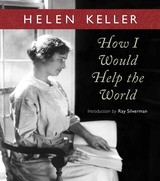
Swedenborg’s books are an inexhaustible well-spring of satisfaction to those who live the life of the mind. I plunge my hands into my large Braille volumes containing his teachings, and withdraw them full of the secrets of the spiritual world.
— Helen Keller, How I Would Help the World
This essay by Helen Keller expresses her deep gratitude to Emanuel Swedenborg, the Swedish seer, who had a profound influence on her spiritual life. In it she talks about the importance of love and truth in a world filled with materialism and selfishness, and the joy that comes from true understanding.
Her great advice on how she would help the world is to have people read Swedenborg’s writings and thereby overcome the many problems of the human condition. She states, “It would be such a joy to me if I might be the instrument of bringing Swedenborg to a world that is spiritually deaf and blind.” She further states that reading Swedenborg and understanding his words “has been my strongest incitement to overcome limitations.”
Her words are interwoven with photographs of her life and quotes from Swedenborg on spiritual topics. This book will be a treasure for readers who already know and respect Helen Keller and an inspiration for those who do not.
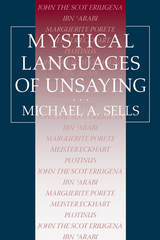
This book includes readings of the most rigorously apophatic texts of Plotinus, John the Scot Eriugena, Ibn Arabi, Marguerite Porete, and Meister Eckhart, with comparative reference to important apophatic writers in the Jewish tradition, such as Abraham Abulafia and Moses de Leon. Sells reveals essential common features in the writings of these authors, despite their
wide-ranging differences in era, tradition, and theology.
By showing how apophasis works as a mode of discourse rather than as a negative theology, this work opens a rich heritage to reevaluation. Sells demonstrates that the more radical claims of apophatic writers—claims that critics have often dismissed as hyperbolic or condemned as pantheistic or nihilistic—are vital to an adequate account of the mystical languages of unsaying. This work also has important implications for the relationship of classical apophasis to contemporary languages of the unsayable. Sells challenges many widely circulated characterizations of apophasis among deconstructionists as well as a number of common notions about medieval thought and gender relations in medieval mysticism.

Arranged as a twenty-four week retreat in four phases, this edition is a guide to The Spiritual Exercises of St. Ignatius Loyola. It incorporates "centering" exercises of awareness patterned on Eastern or Buddhist meditation practices and devotional exercises similar to or drawn from those found in Sadhana, by the late Anthony de Mello, SJ. Poems and prayers by Rainer Maria Rilke, Rabindranath Tagore, T.S. Eliot, Ezra Pound, Edith Sitwell, and others are also included, as well as materials from Teilhard de Chardin's Divine Milieu.
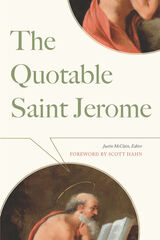
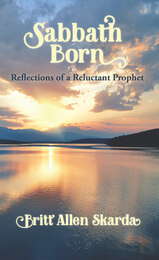
READERS
Browse our collection.
PUBLISHERS
See BiblioVault's publisher services.
STUDENT SERVICES
Files for college accessibility offices.
UChicago Accessibility Resources
home | accessibility | search | about | contact us
BiblioVault ® 2001 - 2024
The University of Chicago Press









